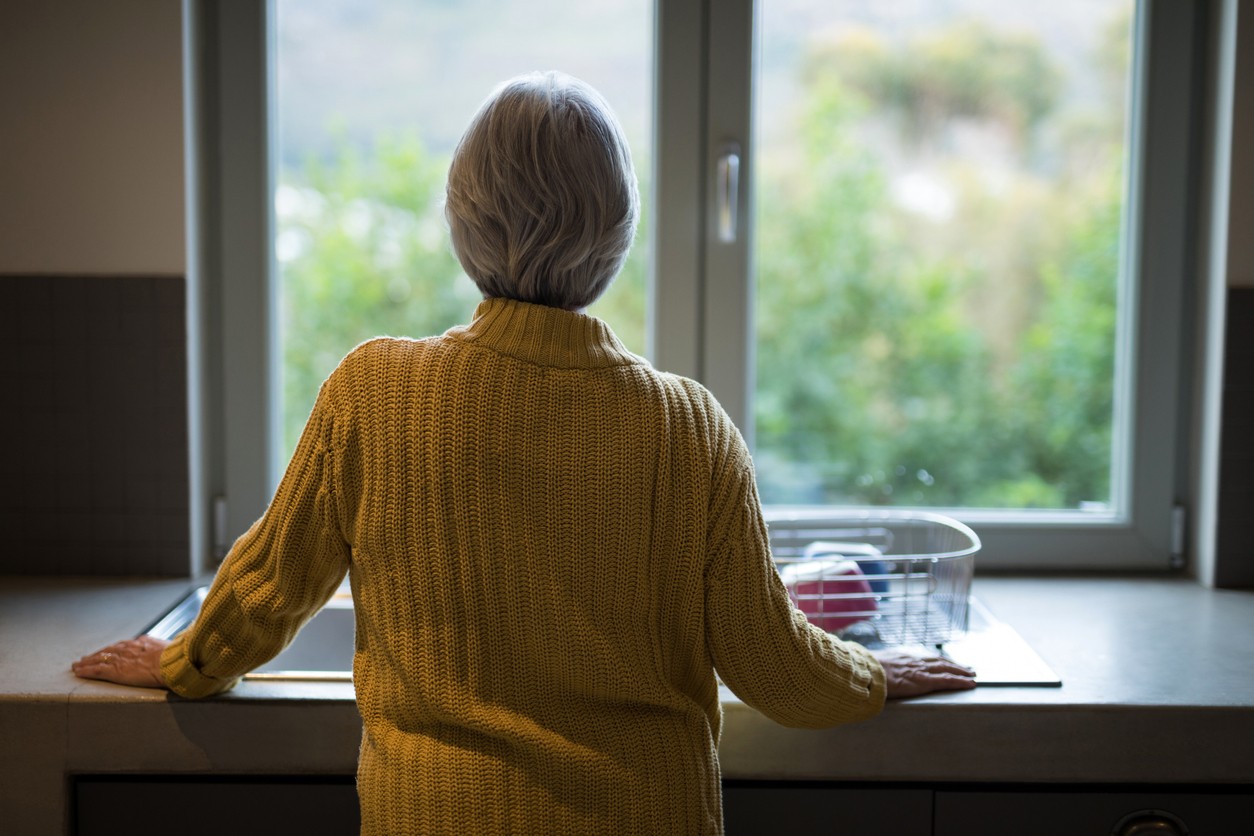Published on: 11th May 2023
 As part of Borderline Personality Disorder month, we're sharing this story to raise awareness and fight stigma.
As part of Borderline Personality Disorder month, we're sharing this story to raise awareness and fight stigma.
Jackie, 69, came into contact with our Tameside older adults community mental health team after experiencing a relapse in her mental health. She was struggling with agitation/distress, preoccupation with past trauma, intrusive thoughts and some confusion.
Our home intervention team have offered a high level of support and have helped Jackie to engage in meaningful activities in the community. Now being supported by our structured clinical management, Jackie said:
“I came into contact with the service after my mental health worsened to the point my husband said we needed to see our GP about it. It was something that had slowly built up over time and wasn’t something I necessarily thought could be fixed.
“I was finding myself very frightened of everything, I wasn’t going out and I was always worried, particularly about how all the stress would impact my health.
“Things like seeing bad news on the TV or people coming round to the house would set me off and I’d start shaking and crying.
“From my GP’s referral, I started receiving support from the home intervention team who referred me to the structured clinical management team. Their work was so important, it took a year for me to feel ok going out of the house again but there was a time I thought I never would.
“They showed me how to cope, I’d pick up activities that would help me concentrate and focus my mind; jigsaws, word searches – I have even started knitting garments to donate for the homeless.
“They also taught me how to better recognise the difference in people’s behaviours so I’d feel more comfortable in social situations and they were just generally there for me. The team linked me in with groups of people in similar situations so I could learn from others and understand how others were dealing with the problems I was too.
“Using their support has kept me going and kept me wanting to try, every single one of the staff have been really kind and helpful.
“I can understand why someone may be afraid of seeking support, but you can’t move forward if you’re not willing to take the steps yourself. I also empathise with loved ones who are dealing with someone struggling with their mental health. My advice is to just try and be as understanding and empathetic as you can and try to pick the other person up, my husband tells jokes which has always been our little way of making each other smile.”
If you or anyone you know is experiencing similar symptoms or difficulties, Sophie Riley, structured clinical management practitioner, offered this advice:
“Speak to someone you trust and know that there is always hope. Remember that it’s not about what is wrong with you, it’s often about what has happened to you in your life and it's not your fault.
“Things can get better with the right support from people and professionals who are there to listen to you, to try to understand you, and support you to live a life that's meaningful to you.”
Click here to find out more about our older peoples mental health services.